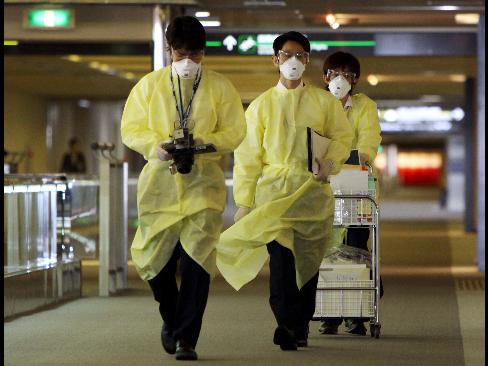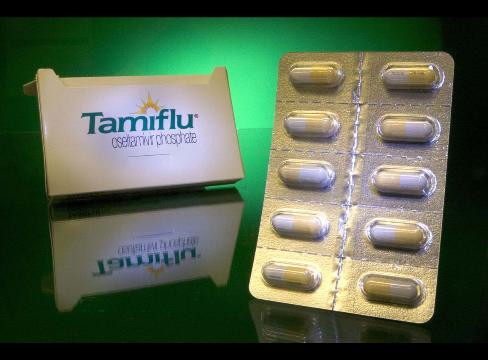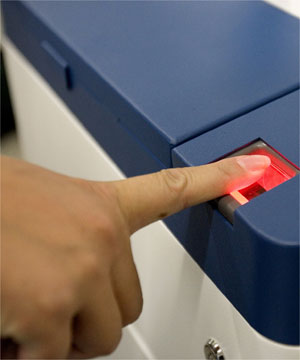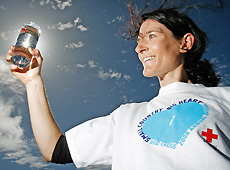(NaturalNews) The New Zealand Minister of Health, Hon Tony Ryall, has asked the Ministry of Health officials to urgently advise him on issues raised about a “swine flu” vaccine produced by Baxter International Inc. This follows his receipt of a letter raising concerns about whether vaccines produced by Baxter for “swine flu” can be trusted.
In an open letter to all members of the New Zealand House of Parliament, Penny Bright, Media Spokesperson for Water Pressure Group, a judicially recognized Public Watchdog for Metrowater, water and Auckland regional governance matters, raises a series of questions and concerns about the safety of the vaccine. She demands to know whether Baxter products are currently being used in New Zealand for the “swine flu”, “bird flu” or any other type of flu.
Bright highlights the fact that Baxter is currently facing criminal charges for producing contaminated “bird flu” vaccine that date back to February of this year when it became known that the company had sent out 72 kilos of live “bird flu” virus supplied by the World Health Organization in the winter of 2009 to 16 laboratories in four countries. These charges were filed by journalist Jane Burgermeister of Austria.
Related articles:
– Baxter sent out 72 kilos of live bird flu material destined for vaccines confirmed by Austrian Health Minister Alois Stöger
– New Zealand orders 300,000 doses of untested and unapproved swine flu vaccine
– Journalist Files Charges against WHO and UN for Bioterrorism and Intent to Commit Mass Murder
– Baxter: Product contaminated with live H5N1 avian flu virus
Burmeister’s allegations claim that clear evidence exists that the pharmaceutical company and international government agencies actively conspired in producing, developing, manufacturing and distributing biological agents classified as the most deadly bioweapons on earth in order to trigger a pandemic and cause mass death.
Last December, the Austrian branch of Baxter sent a batch of ordinary human H3N2 flu, altered so it could not replicate, to Avir Green Hills Biotechnology, also in Austria. In February, a lab in the Czech Republic working for Avir alerted Baxter that, unexpectedly, ferrets inoculated with a sample from the shipment had died. It was discovered that the sample contained live H5N1, which was to be used by Baxter to make vaccine. Baxter claims the two mixed by error, and called the incident a simple “accident”.
Read moreInvestigation of Baxter Vaccine by New Zealand Minister of Health









